No, not really. James Knoll: “the literature does not reflect a strong link with serious mental illness.”
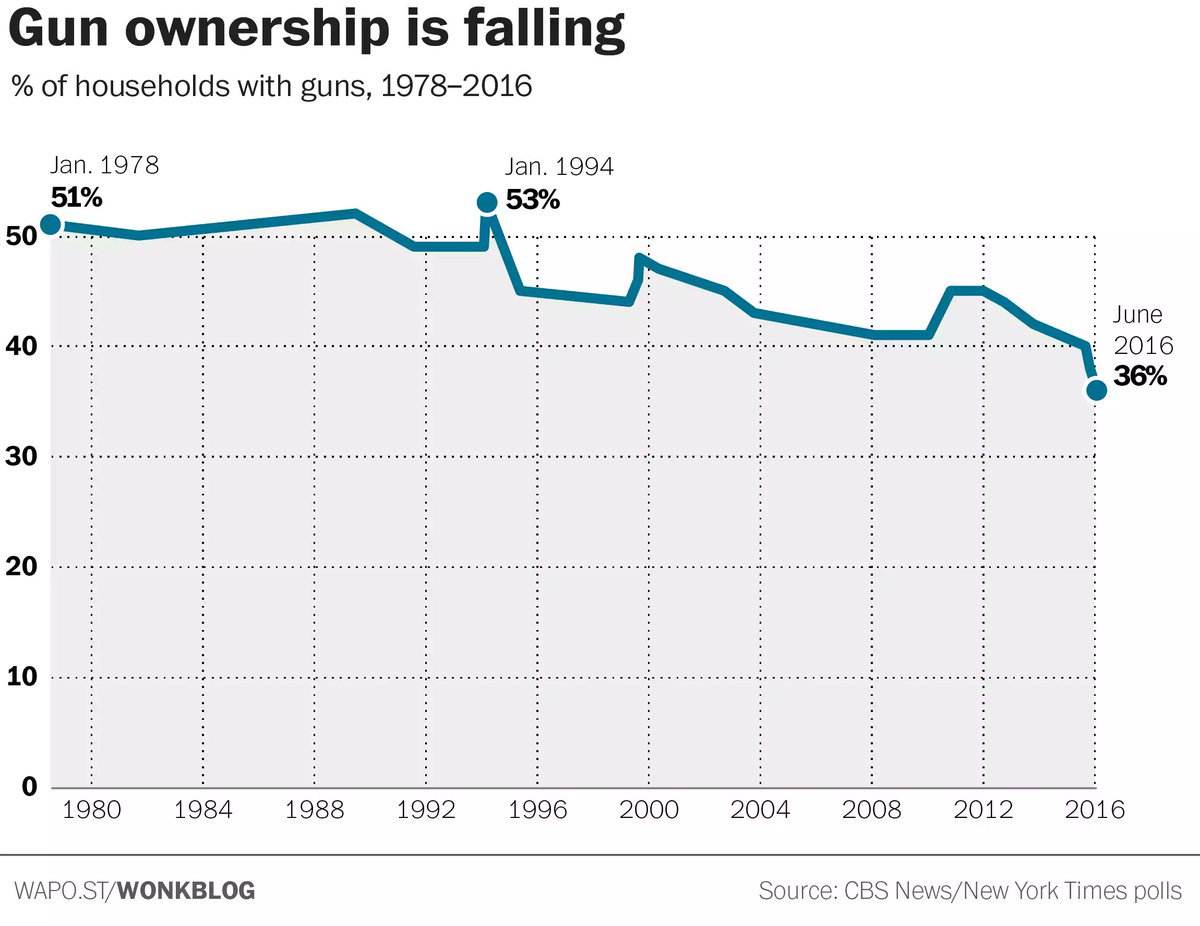
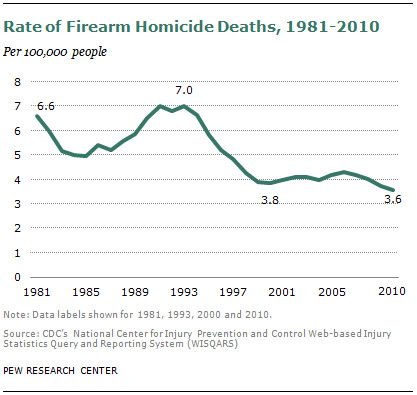
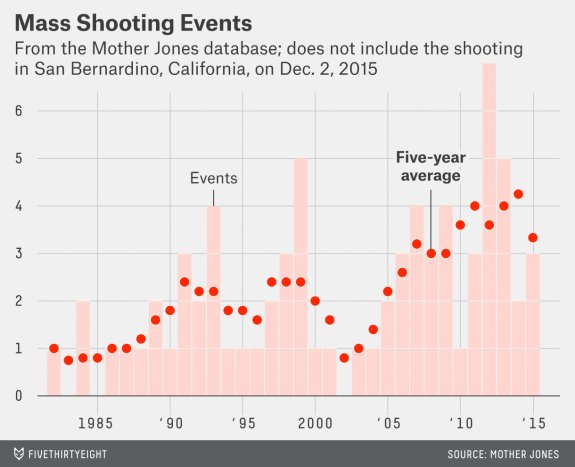
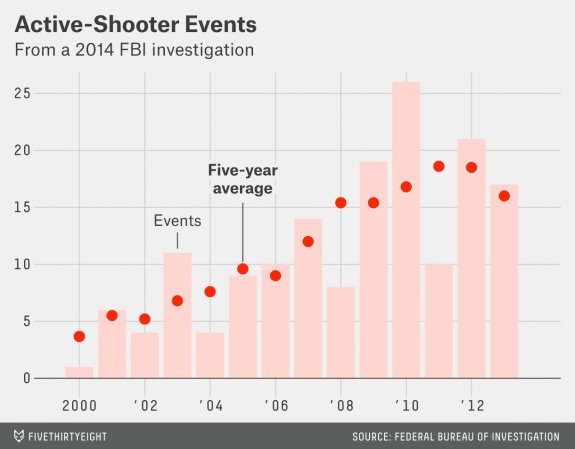
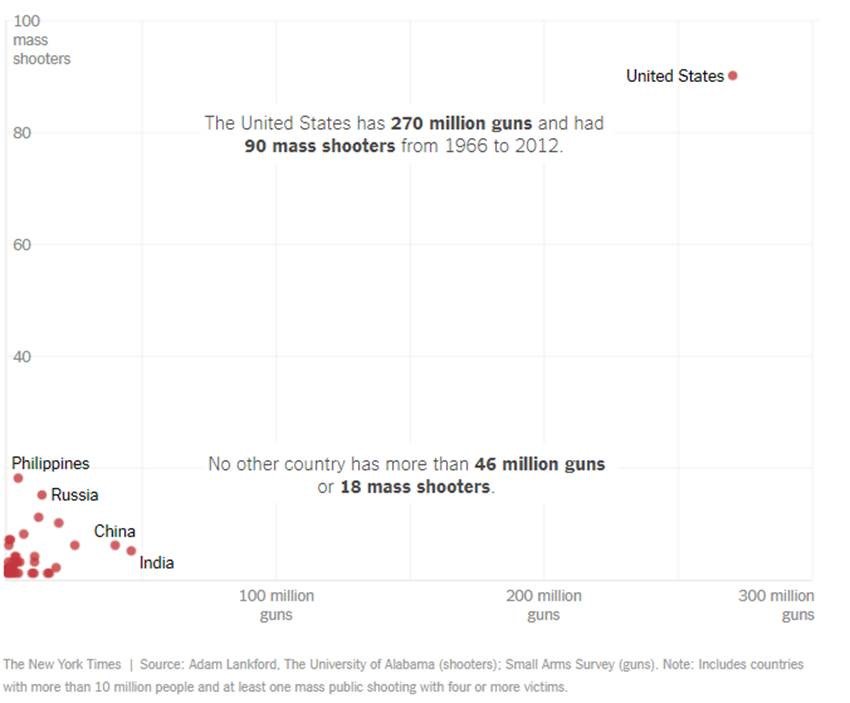
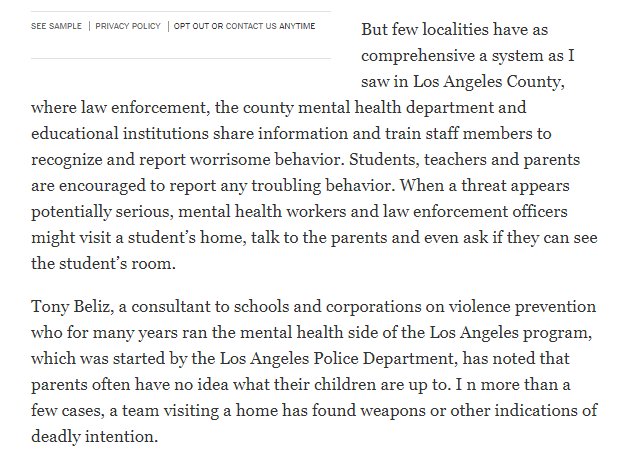
(Fin, will reply to @'s in a bit.) wsj.com/articles/how-n…






Get real-time email alerts when new unrolls are available from this author!
Twitter may remove this content at anytime, convert it as a PDF, save and print for later use!

1) Follow Thread Reader App on Twitter so you can easily mention us!
2) Go to a Twitter thread (series of Tweets by the same owner) and mention us with a keyword "unroll"
@threadreaderapp unroll
You can practice here first or read more on our help page!


